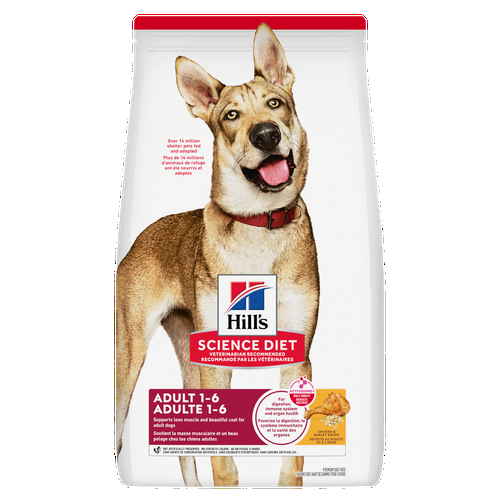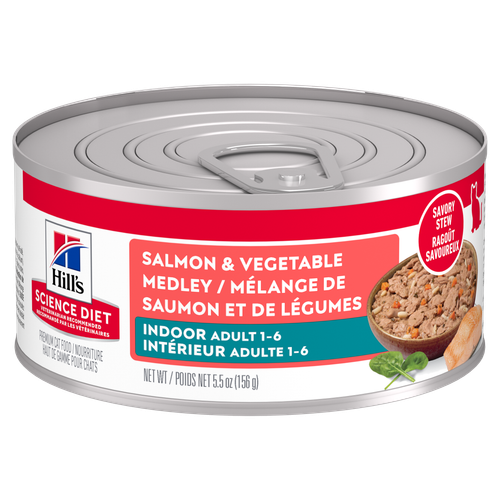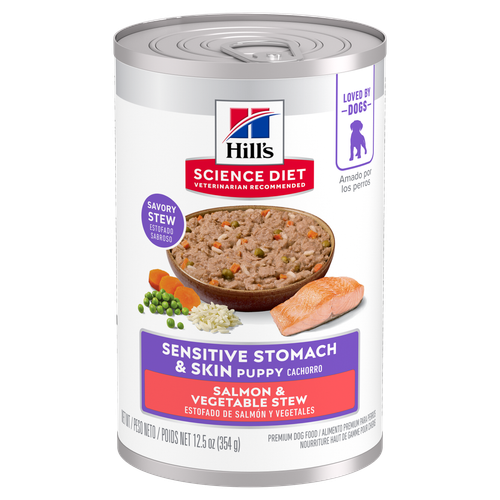
-
Find the right food for your petTake this quiz to see which food may be the best for your furry friend.Find the right food for your petTake this quiz to see which food may be the best for your furry friend.Featured products
 Adult Large Breed Chicken & Barley Recipe Dog Food
Adult Large Breed Chicken & Barley Recipe Dog FoodSupports healthy joints, immune system, digestion, lean muscle & beautiful coat
Shop Now Adult Chicken & Barley Recipe Dog Food
Adult Chicken & Barley Recipe Dog FoodSupports healthy immune system, digestion, lean muscle & beautiful coat
Shop Now Adult 7+ Chicken Meal, Barley & Rice Recipe Dog Food
Adult 7+ Chicken Meal, Barley & Rice Recipe Dog FoodSupports energy level & beautiful coat. Helps keep immune system, heart & kidneys healthy
Shop NowFeatured products Adult Urinary Hairball Control Savory Chicken Entrée cat food
Adult Urinary Hairball Control Savory Chicken Entrée cat foodSupports the health of the whole urinary system with optimal levels of magnesium
Shop Now Adult Indoor Salmon & Vegetable Medley Cat Food
Adult Indoor Salmon & Vegetable Medley Cat FoodPrecisely balanced nutrition for indoor cats with the delicious taste of savory salmon and vegetables
Shop Now Kitten Sensitive Stomach & Skin Salmon & Vegetable Stew
Kitten Sensitive Stomach & Skin Salmon & Vegetable StewSupports kitten growth, digestive health, nourishes skin and promotes a lustrous fur
Shop Now -
Dog
- Dog Tips & Articles
-
Health Category
- Weight
- Food & Environmental Sensitivities
- Urinary
- Digestive
- Joint
- Kidney
- Dental
- Cancer
-
Life Stage
- Puppy Nutrition
- Adult Nutrition
- Senior Nutrition
Cat- Cat Tips & Articles
-
Health Category
- Weight
- Skin & Food Sensitivities
- Urinary
- Digestive
- Kidney
- Dental
- Stress
- Cancer
-
Life Stage
- Kitten Nutrition
- Adult Nutrition
Featured articles Pet Food Storage Tips
Pet Food Storage TipsDiscover how and where to store your dry, as well as canned, dog and cat food. Learn how to find the "best before" dates on all Hill's pet food packaging.
Read More Compare Your Pet Food's Calories to Other Brands
Compare Your Pet Food's Calories to Other BrandsCompare Hill's Science Diet dog and cat food's calories against other pet food brands and AAFCO recommended maximum calorie count.
Read More The Incredible Science Behind Your Pet's Microbiome
The Incredible Science Behind Your Pet's MicrobiomeLearn what a pet's microbiome is, how it contributes to your pet's gut & overall health, and why nutrition is important in maintaining healthy microbiomes.
Read More -

Wondering where to adopt a puppy? If you're considering bringing a new pup into your home, figuring out where to look can be overwhelming. While there's no one right answer for where to get a puppy, read on to learn some of the best places to begin your search.
Adopting a Puppy From a Shelter

Local animal shelters typically offer a wide range of mixed breed and purebred dogs. Shelter dogs typically receive all of their vaccinations and are also spayed or neutered prior to being placed for adoption. While it's often believed that puppies end up at shelters due to problematic behavior, the truth is that dogs are often turned over to shelters for a number of reasons that have nothing to do with behavior or trainability.
Often, dogs arrive at the shelter either pregnant or with a litter of puppies in need of good homes; other times litters are surrendered to a shelter without the mother. In any case, puppies generally tend to find homes quickly, so if you've got your heart set on a young pup you may need to get on a waiting list, says The Happy Puppy Site.
Adopting a Puppy From a Rescue Organization
If you have a certain dog breed in mind, rescue organizations may be your best bet. A rescue organization exists for practically every breed. Just be aware that they tend to have strict adoption requirements — be prepared for a rigorous application process that may include an interview, a reference check and even a home visit, says Raising Spot.
Adoption fees at rescue organizations can be steep — but rescues, like shelters, often cover veterinary costs, including vaccinations and spaying or neutering. Rescues also often employ pet adoption counselors who will work to ensure that you and your family are matched with the right pup and will also teach you what to expect from your puppy as they grow.
Keep in mind that while often times they are not purebreds, you can find puppies with similar characteristics to a breed you may have your heart set on at a shelter. Be sure to talk to your local shelters about what you are looking for in a puppy and have them provide suggestions too.


Tasty Tips
Adopting a Puppy From a Reputable Breeder

If you have your heart dead-set on a purebred puppy, a responsible breeder is a good option. Just be careful to avoid "backyard breeders," inexperienced breeders who may practice irresponsibly.
A responsible breeder will care first and foremost about the puppy's welfare and be willing to walk away from a sale if they have reservations about the buyer. Good breeders will also be highly knowledgeable about the breed and often breed their dogs with a specific purpose in mind, such as showing them in competitions. A good breeder will also be upfront about breed-specific issues such as potential behavioral problems and risks for certain health conditions, and won't breed parents who test positive for these traits.
When choosing a breeder, look for membership with reputable purebred dog clubs and be sure to ask for references. It's also a good idea to visit the breeding facility and see firsthand how the parents and puppies are treated, as well as the condition of both parents. If a breeder refuses to allow a visit, consider that a red flag. Talk to a local vet too; they can be helpful in providing insight to the reputation of certain local breeders in the area.
Adopting a Puppy From Friends or Family
It's not unusual to discover a friend, neighbor or extended family member who finds themselves with an unexpected litter of puppies in need of good homes. But be cautious about accepting any offers of free puppies. Before you agree to take a puppy from an acquaintance or friend, learn everything you can about the parent breeds, and do your research to make sure the puppy is likely to develop a temperament and have care requirements that are a good match for your household. It's a good idea to do your research before visiting the puppies — a cute face can be very convincing! Knowing exactly what you're looking for can help you resist if the pup just isn't the right fit for you.
Choose the Best Puppy For You
Before deciding where to get a puppy, figure out what type of puppy will be a good fit for your home by researching dog breeds and dog temperaments. Be honest with yourself about your own personality, lifestyle and habits, as well as those of your family. Deciding where to adopt a puppy isn't quite as important as choosing a puppy who is (and will grow up to be) your best four-legged friend.


Jean Marie Bauhaus is a pet parent, pet blogger, and novelist from Tulsa, Oklahoma, where she usually writes under the supervision of a lapful of fur babies.
Related products


Hill's Science Diet Healthy Cuisine Variety Pack

Hill's Science Diet Sensitive Stomach & Skin Variety Pack

Gentle on stomachs while nourishing skin & supporting development in growing puppies
Related articles

Gather the following puppy supplies to prepare your family for all the fun (and commitment) that comes with being a dog parent.

Proper nutrition for your pregnant or nursing dog is vital to her and her puppy's health. Learn what you should do provide her with the proper nutrients.

Learn how to stop your dog from begging at the dinner table, and understand how it can help contribute to his health.

Discover fun and engaging games and other ways to help your dog exercise, keeping him happy and healthy.

Put your dog on a diet without them knowing
Our low calorie formula helps you control your dog's weight. It's packed with high-quality protein for building lean muscles, and made with purposeful ingredients for a flavorful, nutritious meal. Clinically proven antioxidants, Vitamin C+E, help promote a healthy immune system.
Put your dog on a diet without them knowing
Our low calorie formula helps you control your dog's weight. It's packed with high-quality protein for building lean muscles, and made with purposeful ingredients for a flavorful, nutritious meal. Clinically proven antioxidants, Vitamin C+E, help promote a healthy immune system.

